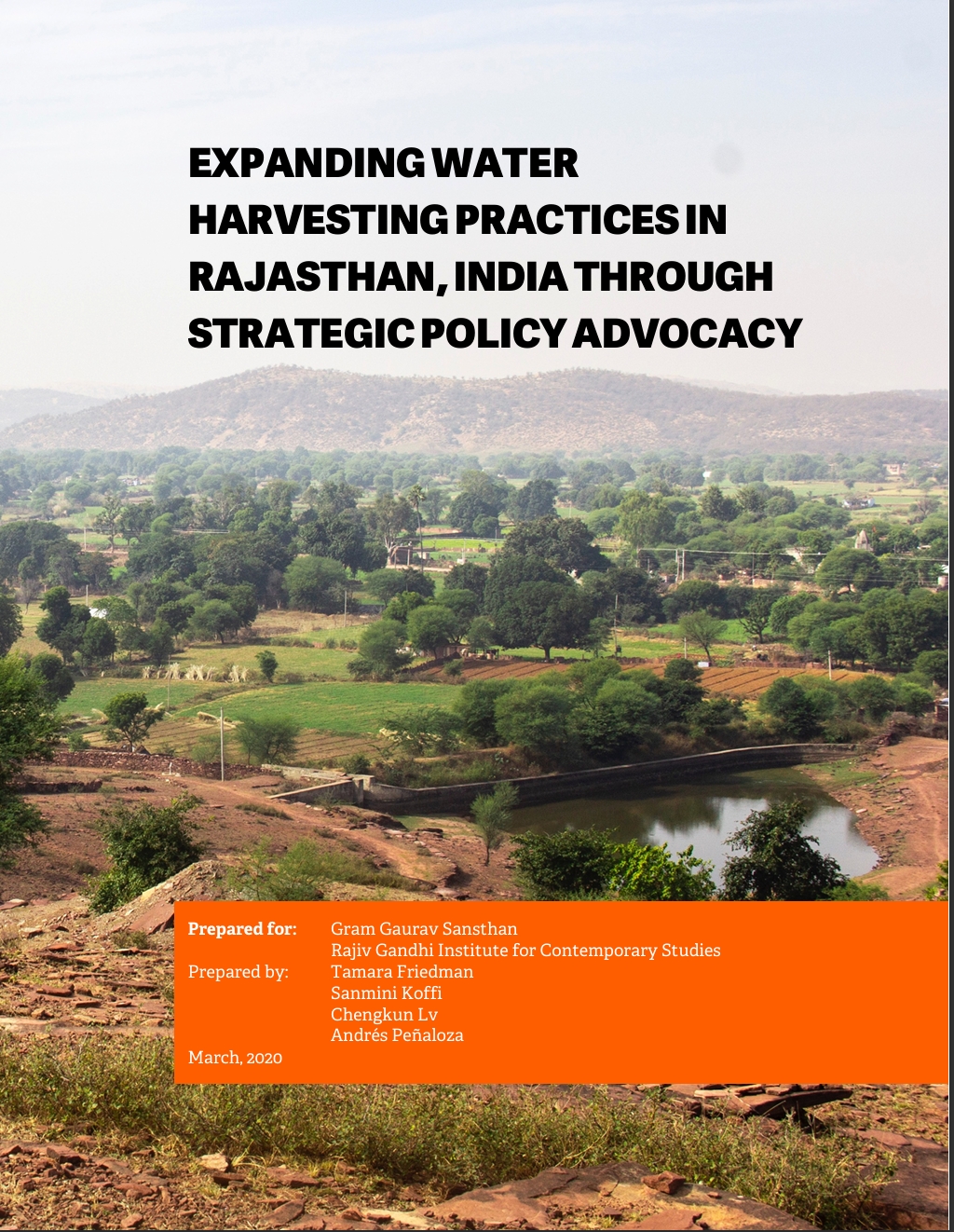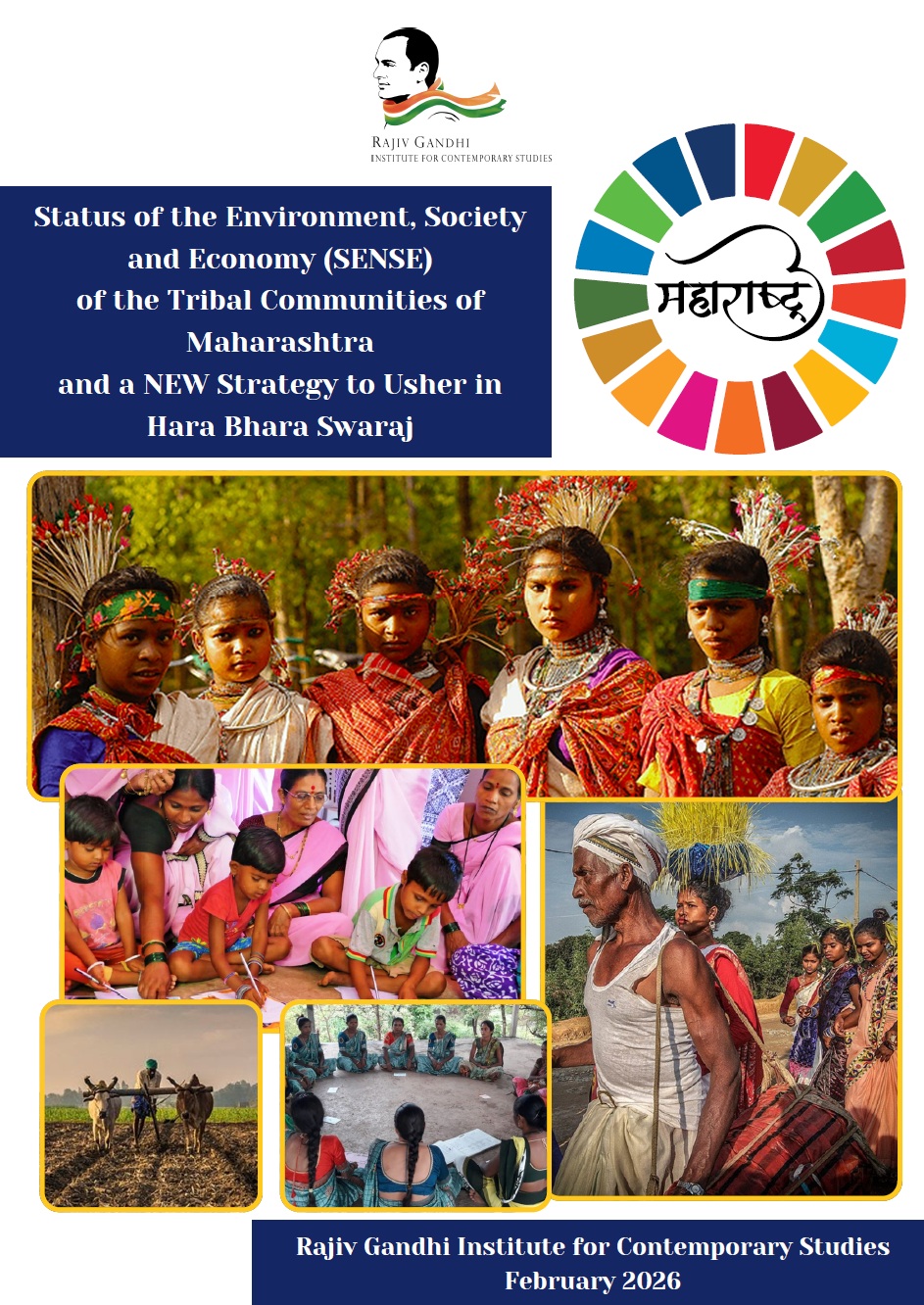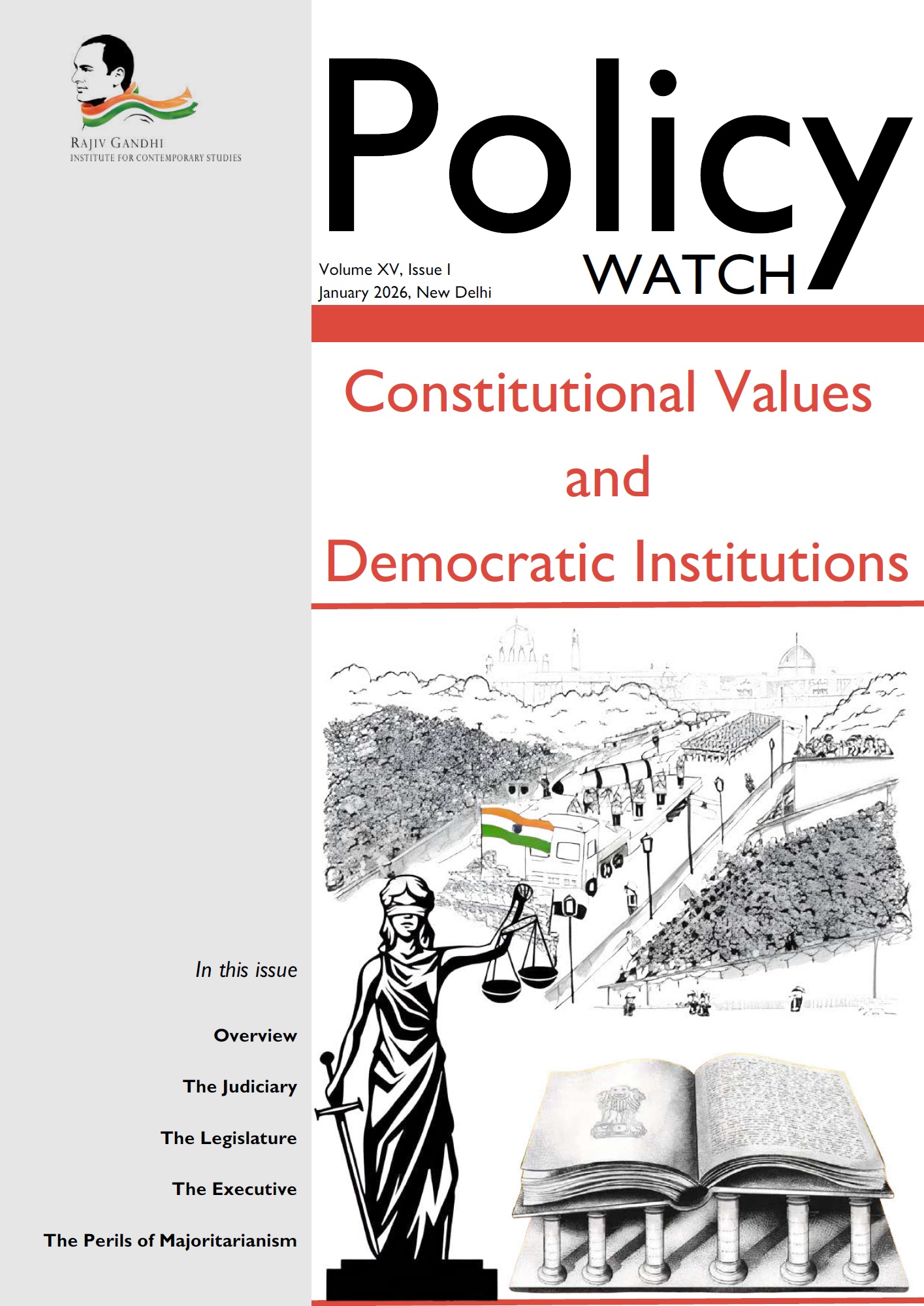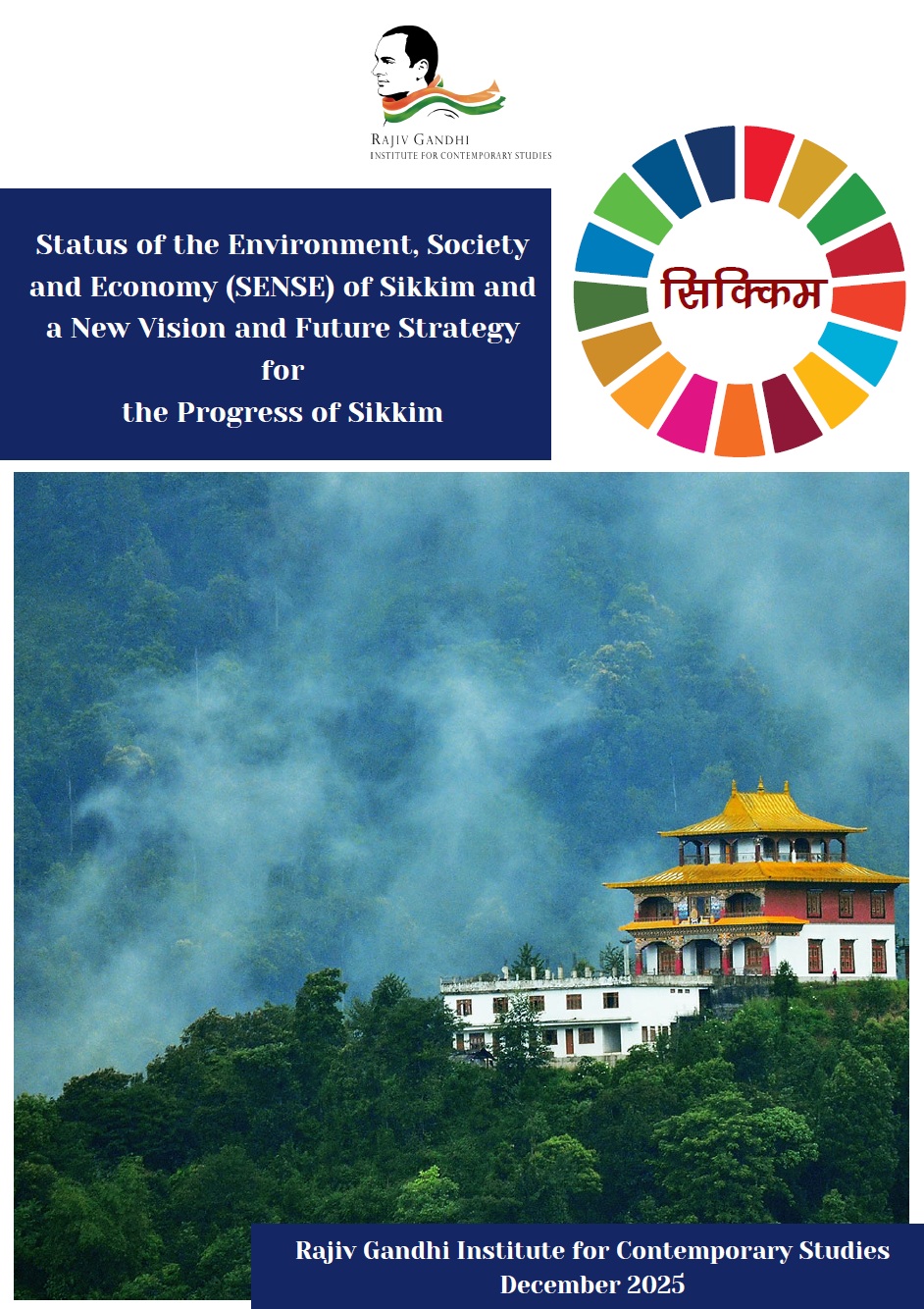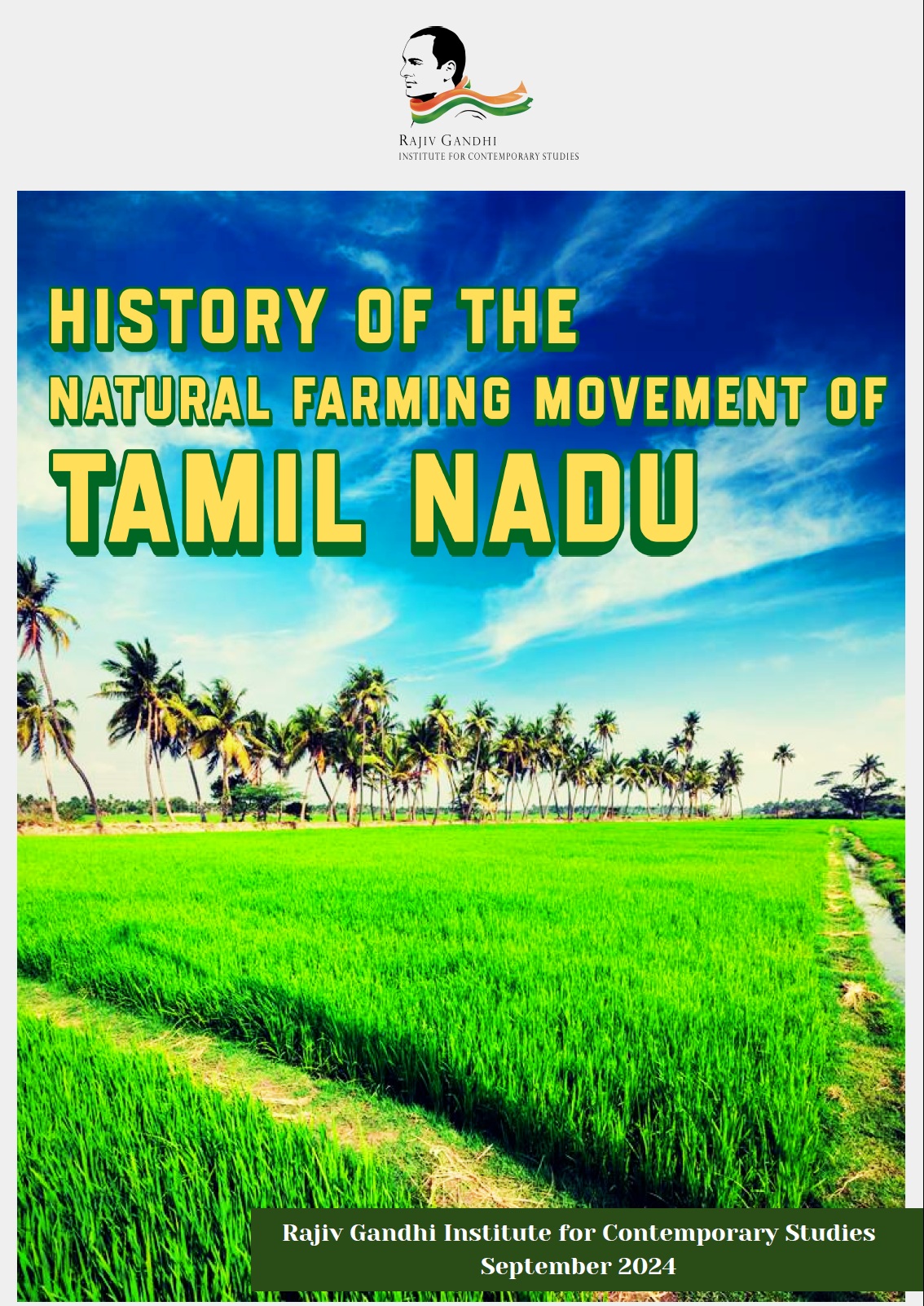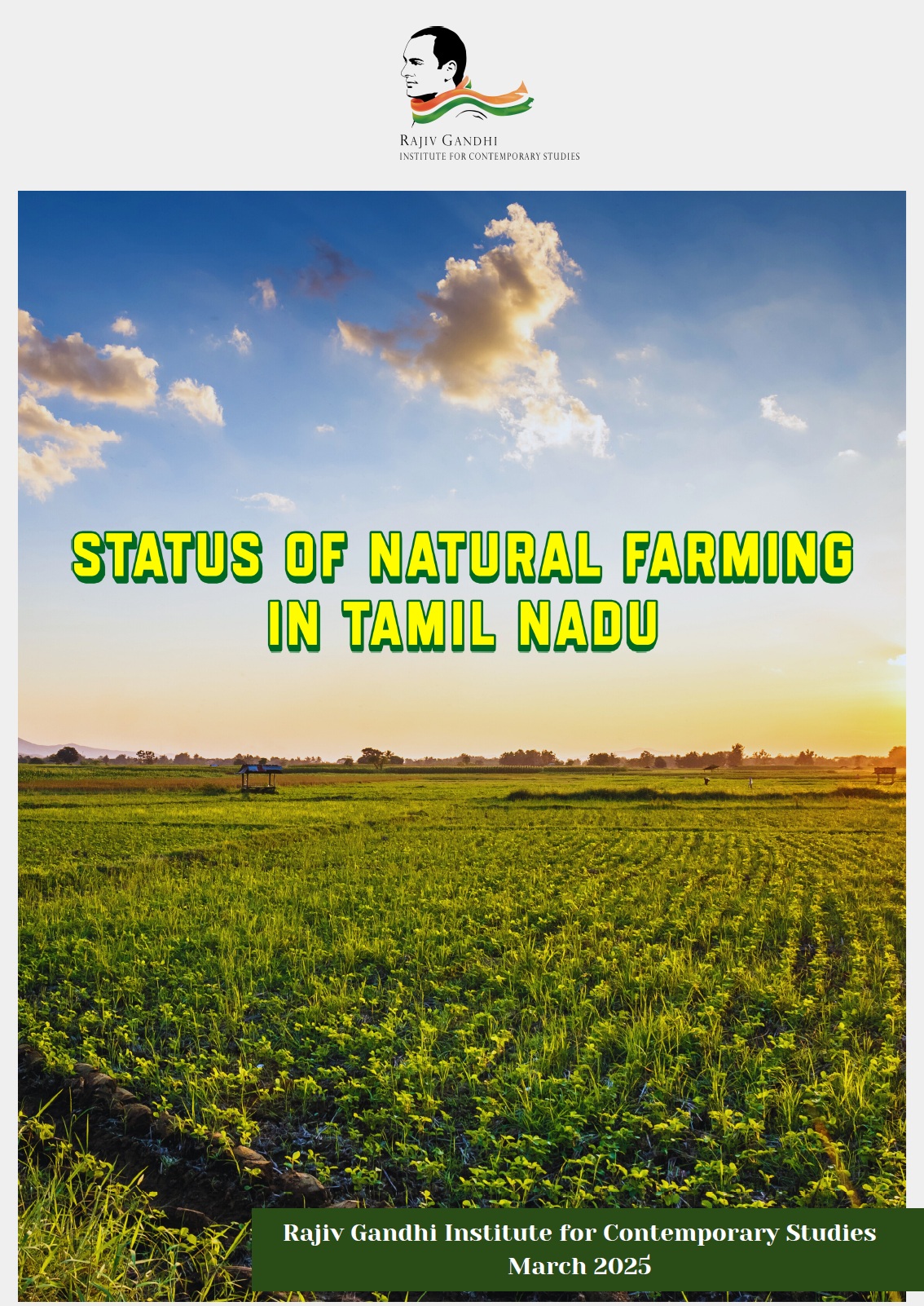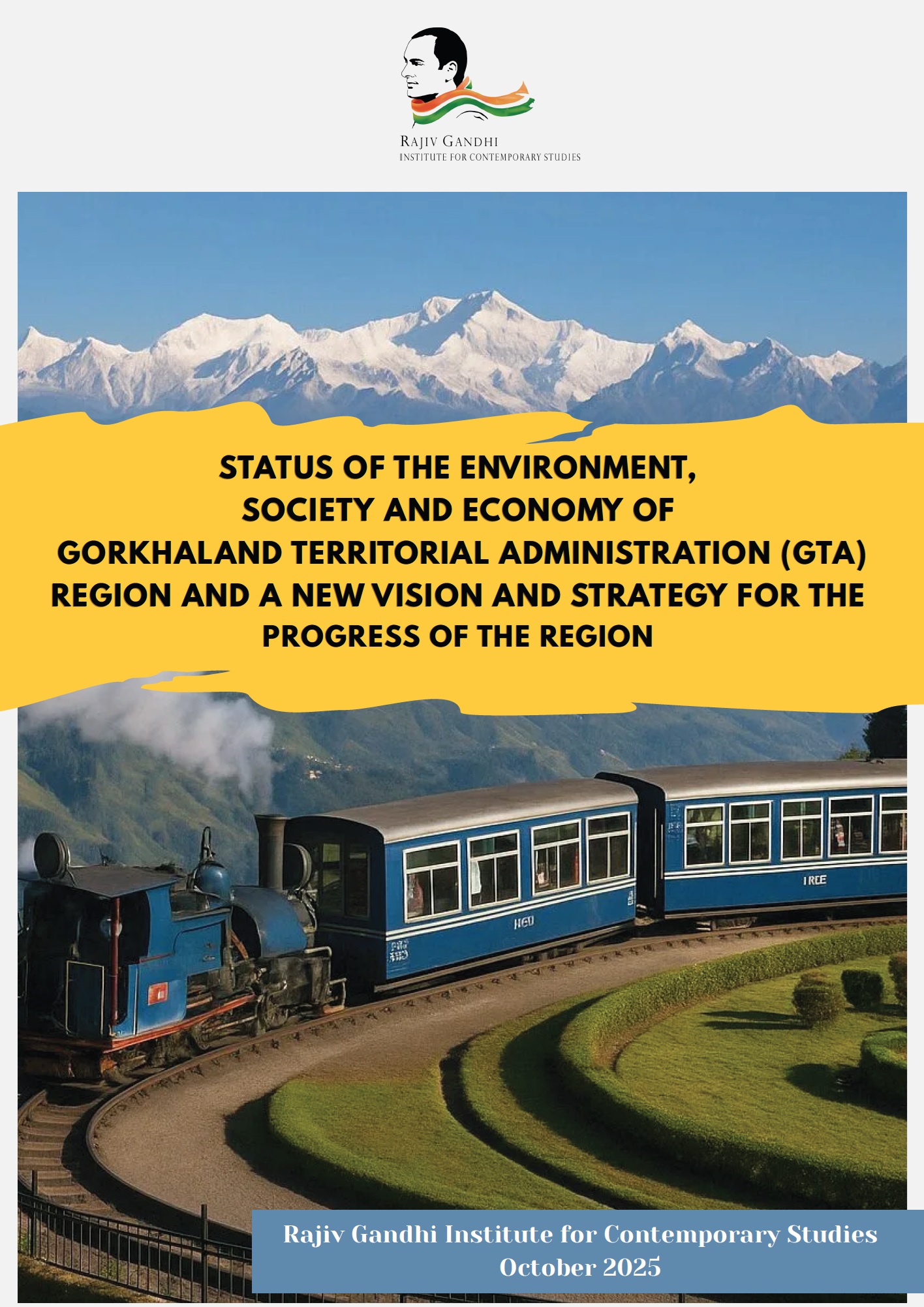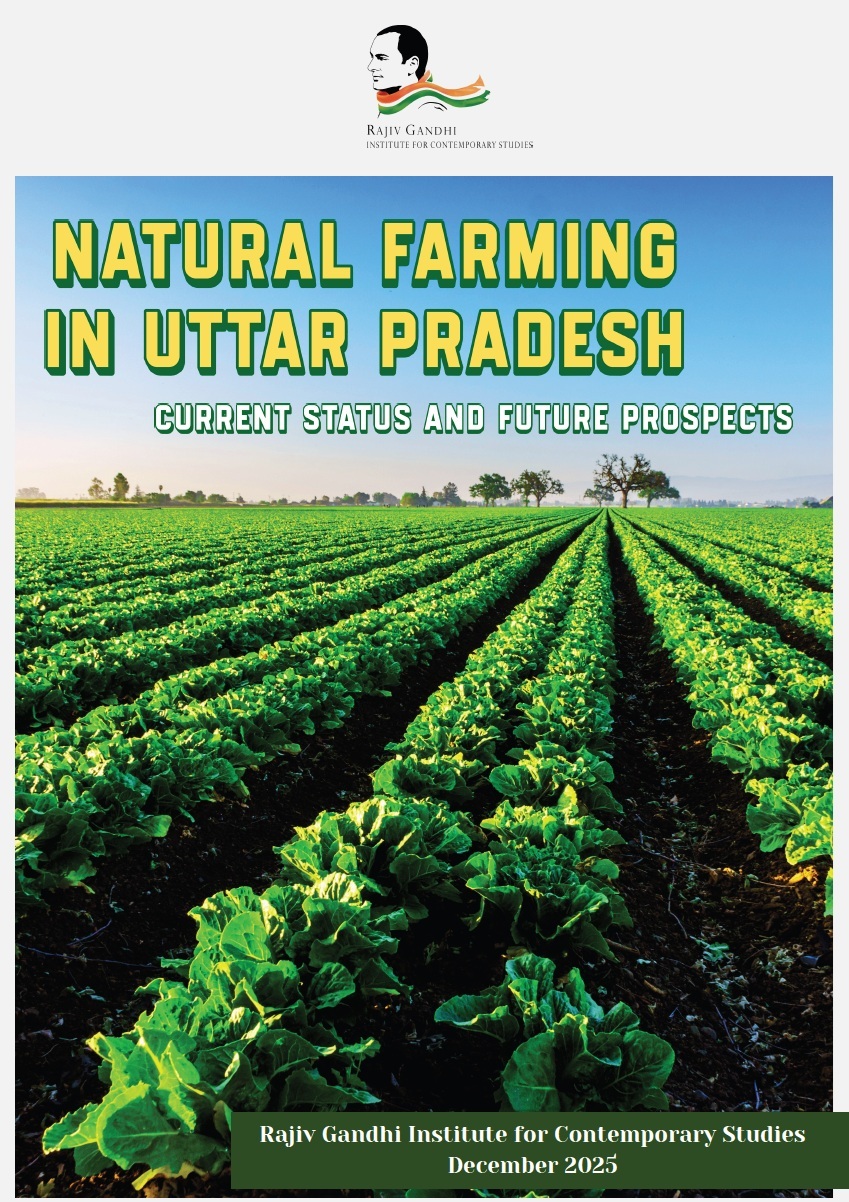Gram Gaurav Sansthan (GGS) has been making impressive strides in helping villages across Rajasthan’s Dang region deal with water scarcity. By building small, community-based water harvesting structures like Pokhars, Taals, and Pagaras, GGS has improved water availability, increased crop yields, and raised groundwater levels in 75 villages. But there’s a long way to go—over 2,000 villages are still waiting for help. Government agencies, especially the Dang Development Board (DDB), have fallen short because of bureaucratic hurdles and a focus on building infrastructure rather than addressing the real issue: water supply. Meanwhile, MGNREGA offers a possible funding solution, but it needs some policy tweaks to be truly effective.
Rajasthan’s Dang region struggles with extreme water scarcity, a problem that has trapped many communities in poverty. GGS, a grassroots organization, has been working to change that by building simple but effective water harvesting structures. These structures are built through a cost-sharing model where villagers contribute money, labor, or materials, creating a deep sense of ownership and responsibility. The results are promising: better crop productivity, healthier livestock, and improved groundwater levels.
Unfortunately, GGS’s reach is limited by funding and policy barriers. The DDB, which was supposed to support such efforts, focuses more on building roads and water tanks than improving water supply. Plus, it’s bogged down by bureaucratic inefficiencies and limited decision-making power.
There is hope, though. The MGNREGA scheme, designed to fund labor-intensive projects, could be a game-changer. But right now, it only supports some of the structures GGS uses. To truly scale up GGS’s approach, policies need to be adjusted to include structures like Taals under the MGNREGA framework.
The research recommends GGS strengthen its advocacy efforts using hard data to push for policy changes. It also highlights the importance of involving women and marginalized groups in decision-making to make the initiative truly inclusive.
With the right support, GGS’s model could transform the lives of thousands more across the Dang region.
Keywords: Water Harvesting, Rajasthan, Gram Gaurav Sansthan (GGS), Community-Based Organizations (CBOs), Dang Development Board (DDB), MGNREGA (National Rural Employment Guarantee Act), Watershed Management, Advocacy, Sustainability, Resource Allocation
Send download link to:Expanding Water Harvesting Practices in Rajasthan, India Through Strategic Policy Advocacy

